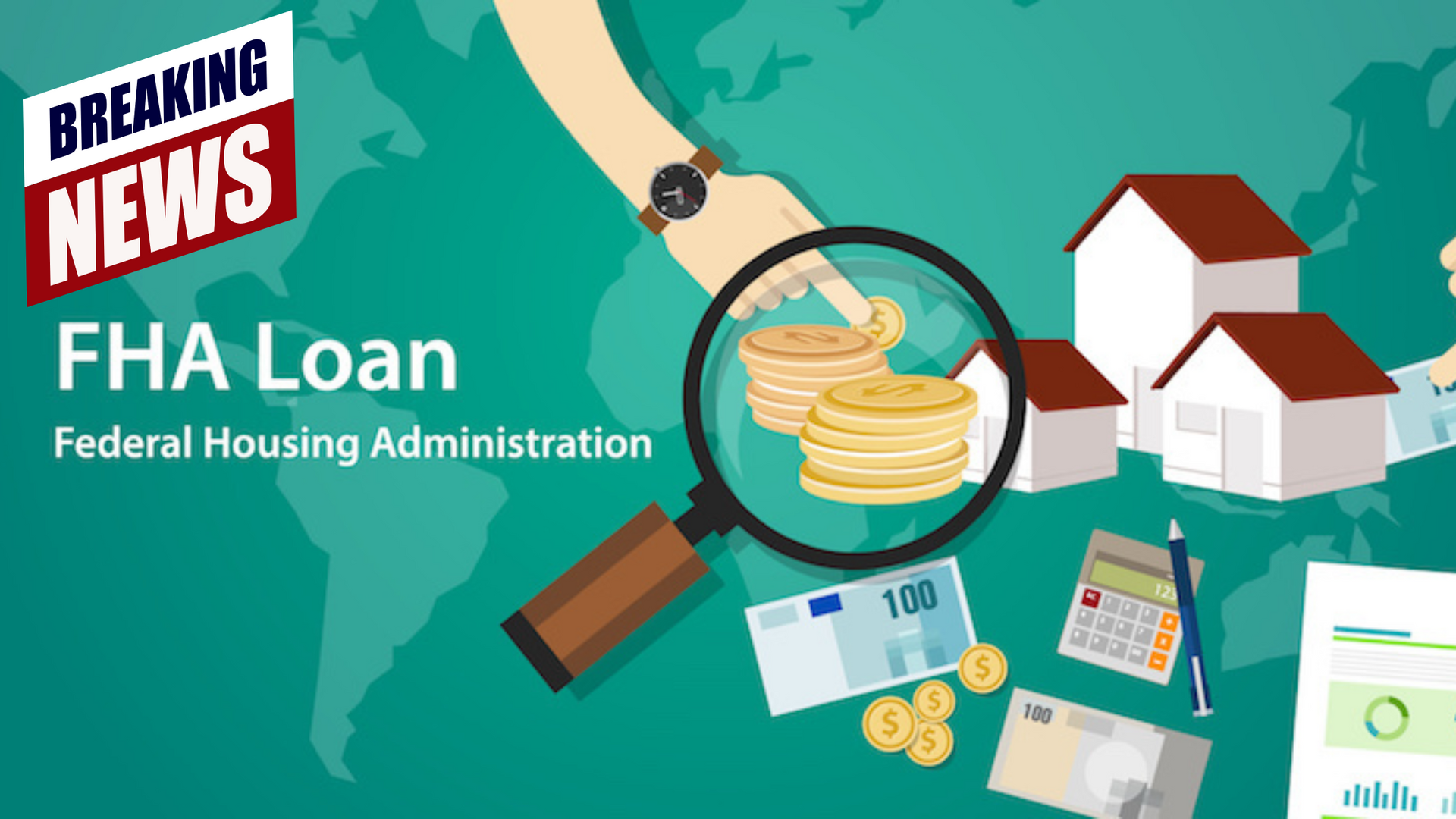Every week we release educational videos related to hot topics in the mortgage industry on YouTube.
Subscribe to our channel to stay in-the-know!
If building a home on your own land is a goal of yours, you will want to learn how the financing works for land loans and construction loans. If you're planning to buy land to build your dream home, you'll want to explore the ins and outs of land loans. Keep reading to learn all about:
Whether you’re looking for a plot to build on or considering agricultural land, this guide is designed to help you navigate the process with confidence.
A land loan is a type of loan used to finance the purchase of a parcel of land. Unlike a traditional mortgage, which is used to buy property with an existing home or structure, a land loan is specifically for vacant land or property without a house. This can include a lot where you plan to build your future residence, recreational land, farmland, or even larger properties for commercial use. Depending on your plans, the specifics of the loan can vary greatly, which is why it's important to work with a lender experienced in land loans.
Pinnacle Bank, for example, offers land loans in Texas, Nebraska, Wyoming, Utah, Arizona, and Colorado. Jordan Monroe, a loan officer with Pinnacle, emphasizes the importance of working with a lender who understands the unique nature of land financing. Unlike conventional loans that are sold to investors, land loans are typically held by the lender for the duration of the loan, making them more specialized.
There are several different types of land loans available, each suited to different needs. These can include:
Learn more about financing raw land here.
You should consider a land loan if:
Unlike conventional mortgages, land loans typically require a higher down payment. For most land loans, you can expect to pay at least 20% down. For example, if the land costs $50,000, you would need to put down $10,000. Keep in mind that this may vary based on the type of land and your lender’s requirements.
The terms for land loans also differ from traditional mortgages. Typically, land loans are amortized over 20 years, but most lenders do not want you to keep the loan for that long. Many land loans come with a balloon payment after a few years, which means you’ll have to pay off the remaining balance after a certain period, such as 5 or 10 years. There are exceptions, so be sure you talk to an expert land loan lender.
Closing costs on land loans can be substantial. In addition to the down payment, you should also expect to pay various fees, such as:
Always ask your lender for a full breakdown of the expected closing costs so you are not surprised when it’s time to close the deal. For more on understanding closing costs, check out this guide
When buying land, it’s crucial to consider more than just the price. Here are some key factors you should keep in mind:
Securing financing for land is not the same as getting a traditional mortgage, but with the right information and a solid understanding of the process, you can successfully purchase and finance your dream property. Working with a specialized lender, such as Pinnacle Bank, ensures that you’re getting the right advice and support tailored to your land financing needs. Remember to consider the down payment, closing costs, and long-term plans for the property when preparing for your land purchase.
If you're ready to start your journey toward owning land for your dream home, contact Pinnacle Bank or your local land financing expert today to discuss your options.
Related Resources:
If you have questions or need assistance, we're here to guide you through every step of the process!





All Rights Reserved | Jennifer Hughes Hernandez | Senior Loan Officer | NMLS #514497
Full service residential lender with an experienced team offering expert service, reliable communications and on-time closings in the greater Houston area.

Every week we release educational videos related to hot topics in the mortgage industry on YouTube.
Subscribe to our channel to stay in-the-know!
Gardner Financial Services, Ltd., dba Legacy Mutual Mortgage, NMLS #278675, a subsidiary of Texas Partners Bank. 18402 U.S. Highway 281 N, Ste. 258, San Antonio, TX 78259. AZ BK-2001467. Check registration and licensing at nmlsconsumeraccess.org. Legacy Mutual Mortgage is an Equal Housing Lender. This is not a commitment to lend. Material is informational only and should not be construed as investment or mortgage advice. Legacy Mutual Mortgage is not an agency of the federal government. Not all loan products are available in all states. All loans are subject to credit and property approval. Not all applicants qualify. Restriction and conditions may apply. Information and programs current as of date of distribution but may change without notice. [11/2025]